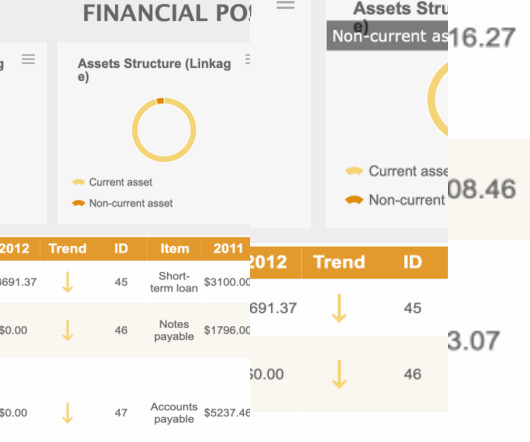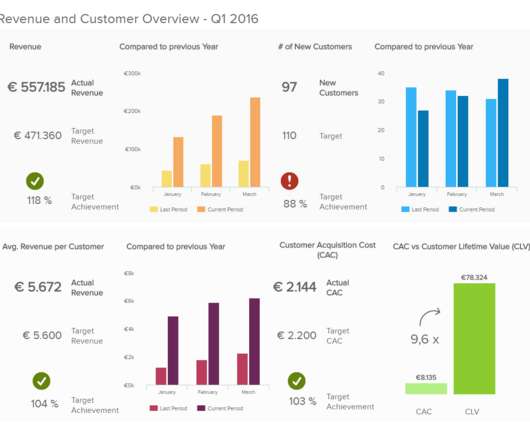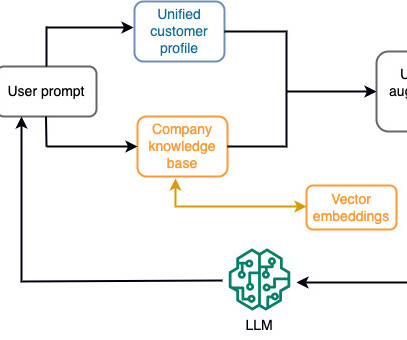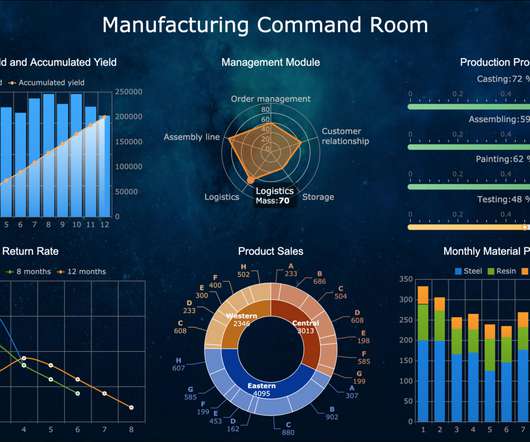Generative AI is pushing unstructured data to center stage
CIO Business Intelligence
DECEMBER 13, 2023
When I think about unstructured data, I see my colleague Rob Gerbrandt (an information governance genius) walking into a customer’s conference room where tubes of core samples line three walls. While most of us would see dirt and rock, Rob sees unstructured data. have encouraged the creation of unstructured data.

























Let's personalize your content